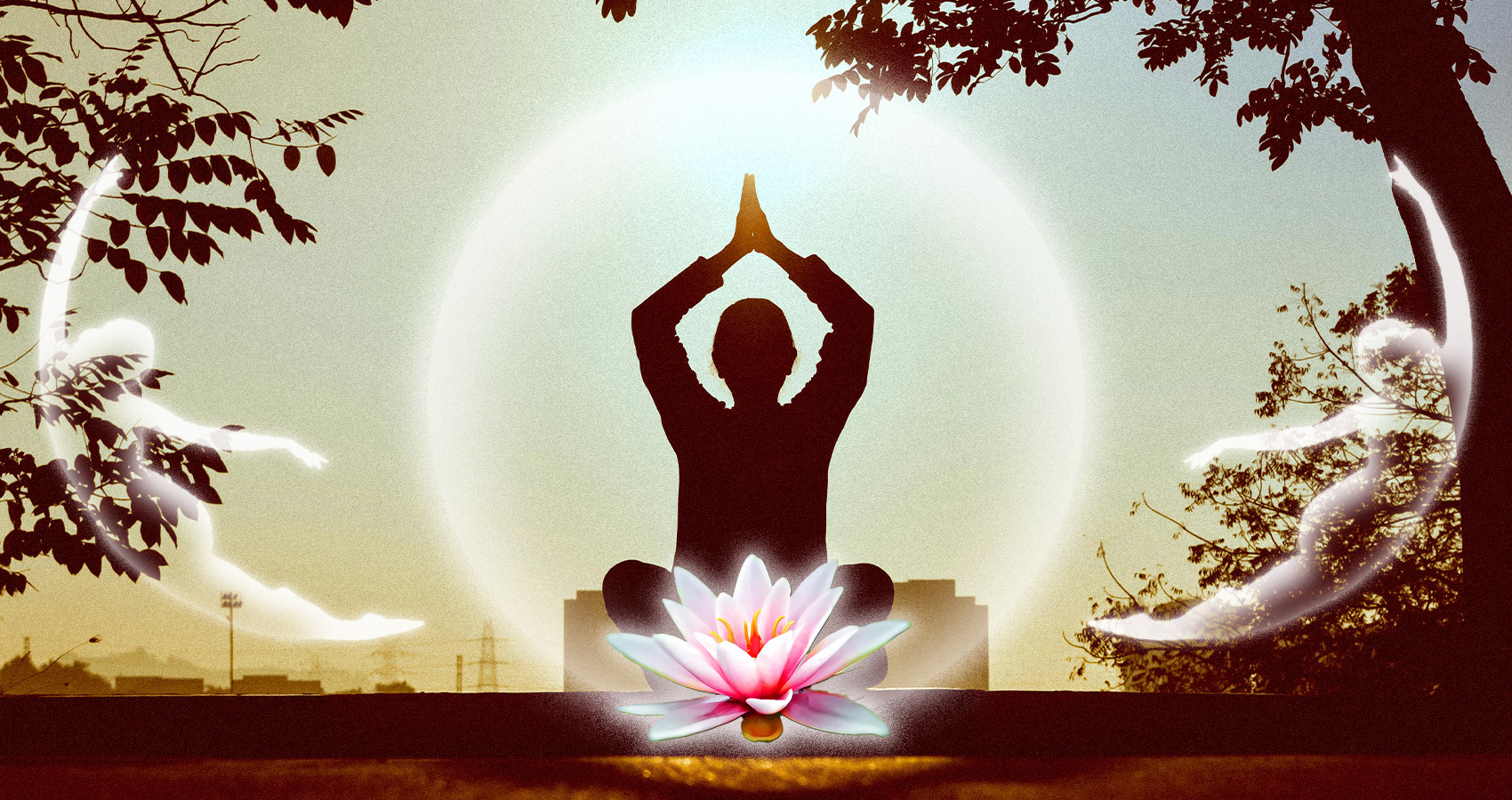
Slow Living: A Guide to Mindful, Sustainable, and Fulfilling Life
Tips for improving your life with slow living philosophy.
While the name slow living gives us an idea of the concept at first glance, this philosophy should hardly be overlooked as a superficial trend that comes and goes.
It is an irrefutable fact that the fast-paced consumerism that has taken control of our lifestyles, particularly in metropolitan areas, has a negative impact on our mental health as well as the damage it does to our planet. Although many people give up before getting to the bottom of the problem because they are discouraged by the amount of misinformation about well-being they encounter on the internet, slow living stands out as an effortless way of life, far from materialism and consumerism, that aims to change your lifestyle.
If you're wondering how can one adopt such a lifestyle when they have so many responsibilities, here is your answer: By making small changes in your life.
Start with your home
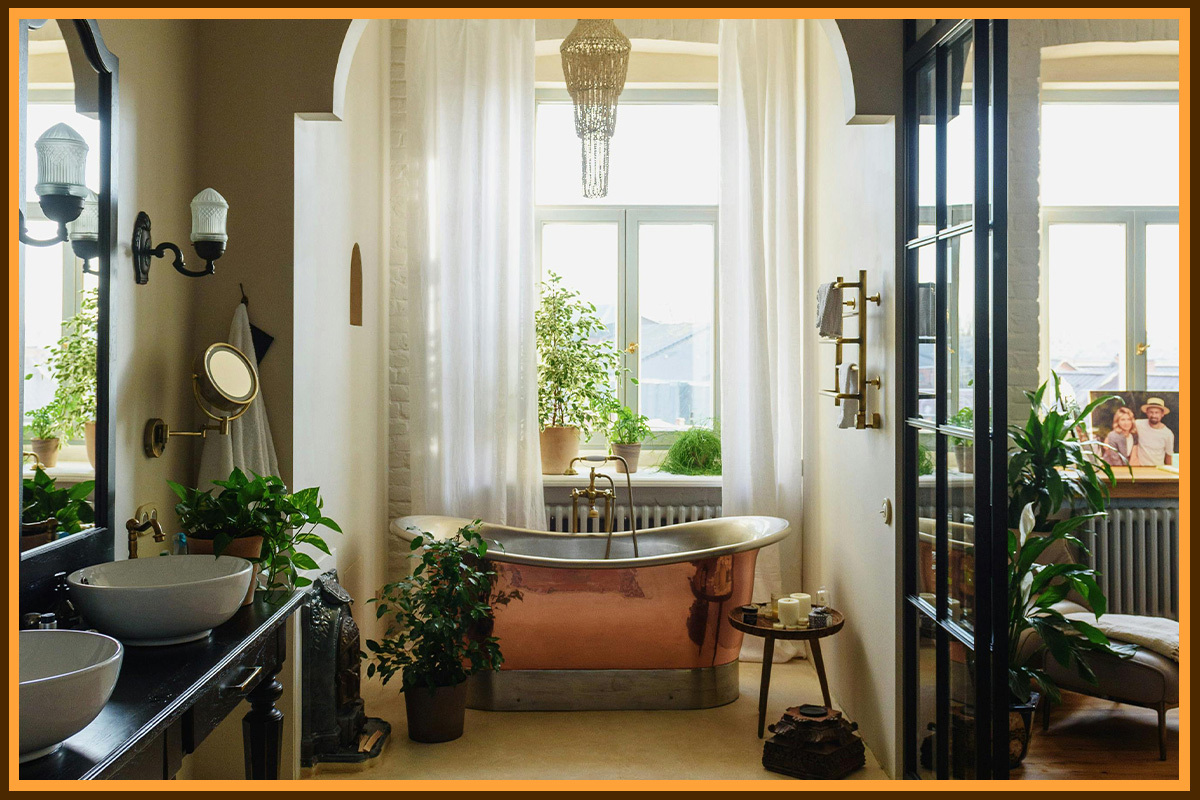 You are who you are when no one is watching, so why not start the change at home, the most private place you can ever have?
You are who you are when no one is watching, so why not start the change at home, the most private place you can ever have?
We often do not realize how we surround ourselves with the bustle of our daily lives, even in times when we should be resting.
Contrary to popular belief, you don't need to buy expensive tools and redecorate your house to achieve slow living, you just need to re-evaluate the value of what you have around you. It is important to leave an airy space in each room and to decorate it in earthy tones to make your living space feel as close to nature as possible. Surrounding yourself with more furniture makes you feel more trapped than practical.
The objects in your home, and especially in your room, are always supposed to make you feel happy, comfortable, and safe. Experts suggest that the less the outside world interferes with the space you reserve for yourself, the better.
Closet revision
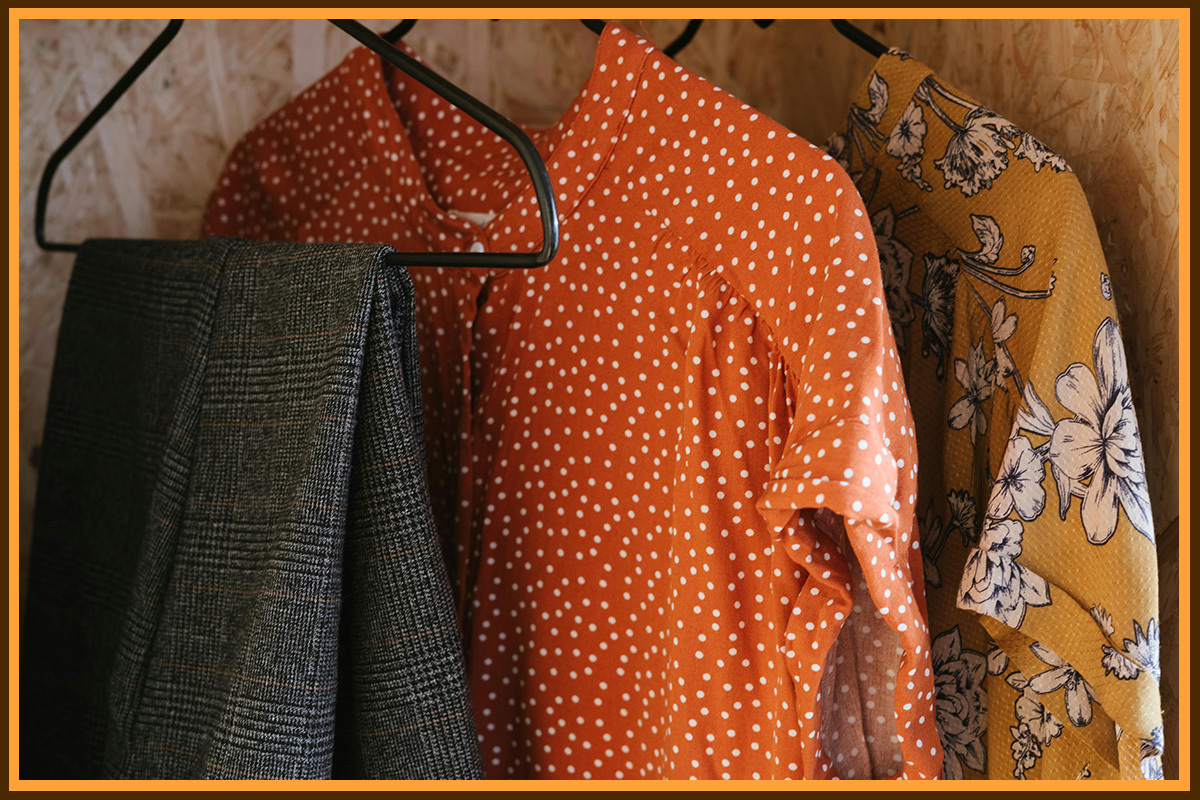 Since slow living is a philosophy based on comfort and minimalism, it naturally suggests that our wardrobes be revised accordingly.
Since slow living is a philosophy based on comfort and minimalism, it naturally suggests that our wardrobes be revised accordingly.
The point here is to make the most of the clothes you have and get rid of the ones you don't use, rather than buying comfortable and stylish new clothes. Since you are five percent less likely to wear an outfit again you have never worn in a year, it is a fact that getting rid of unused clothes will make you feel more spacious.
Separating your work, home, and casual outfits and, if possible, not wearing the same clothes to work as you do at home will also help you differentiate between the different parts of your life and keep you away from stress at home.
Slow food -as told by Italians
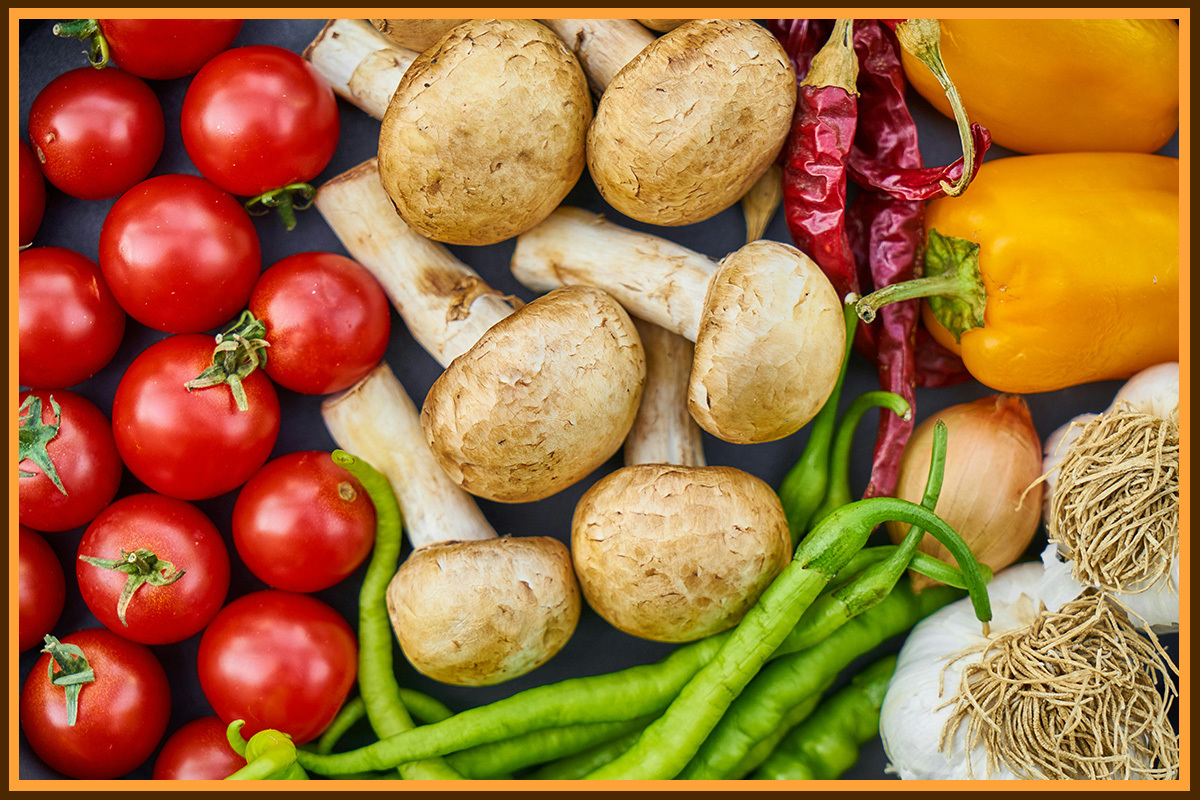 Slow Food is a movement that began in Italy in 1989 as a reaction to the rise of fast food and the belief that food should be grown and bought locally, prepared with care and eaten with pleasure. While it may sometimes be difficult for those of us with busy lives to fully embrace this mindset, it is a lifestyle that even trying can make a big difference in our lives.
Slow Food is a movement that began in Italy in 1989 as a reaction to the rise of fast food and the belief that food should be grown and bought locally, prepared with care and eaten with pleasure. While it may sometimes be difficult for those of us with busy lives to fully embrace this mindset, it is a lifestyle that even trying can make a big difference in our lives.
Food that is carefully prepared makes positive associations in our subconscious minds, and the ingredients we put in our food are just as important. Buying seasonal foods and avoiding packaged products as much as possible helps us feel more energized with its nutritional benefits and has a direct positive impact on our well-being.
Taking a break from social media
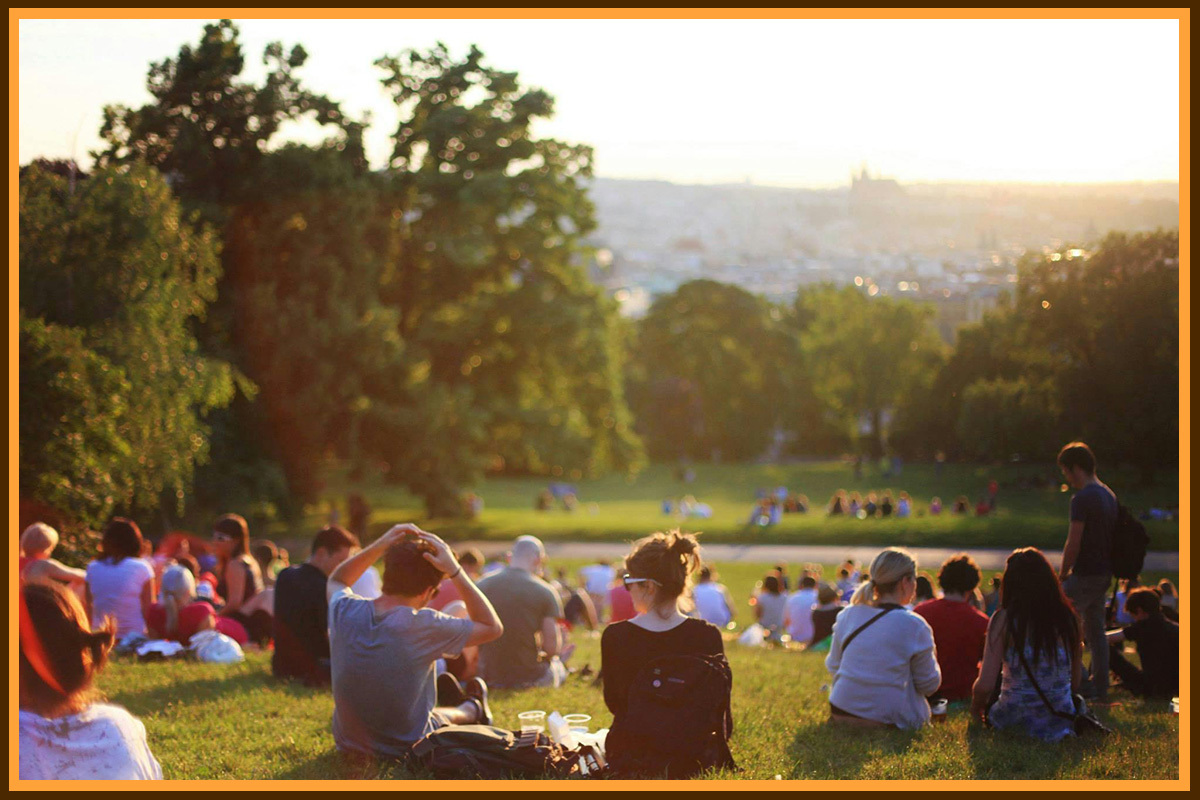 In addition to social media becoming a deeply rooted part of our lives, it also serves as the most convenient access channel to up-to-date information in daily use.
In addition to social media becoming a deeply rooted part of our lives, it also serves as the most convenient access channel to up-to-date information in daily use.
Social media may be convenient for accessing daily information, but it also plays a major role in exposing us to unnecessary information and content that is detrimental to our mental health. If you have a timeline that drives you to compare yourself to other people and you are constantly exposed to negative news, you can set a timer on your social media practices and put a healthy amount of distance between you and the world, at least until you restore your inner peace.
Healing practices for your mind
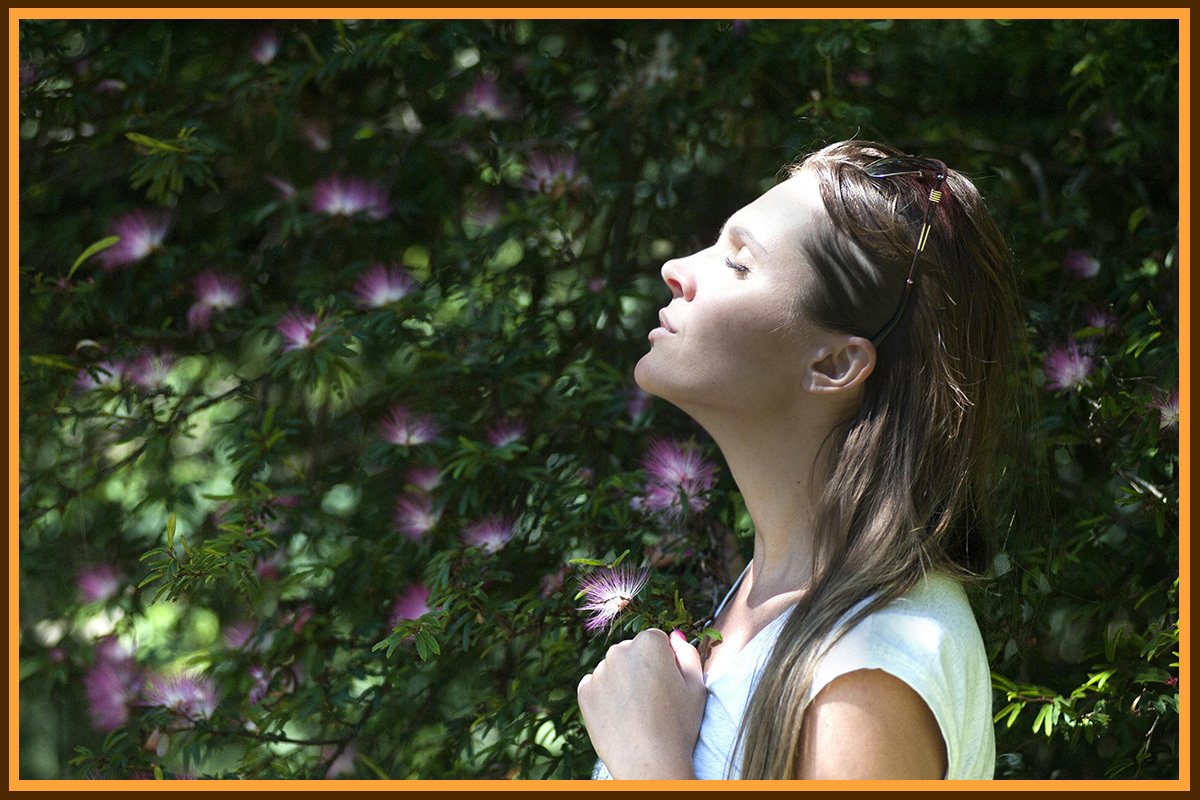 Being present in the moment in a busy life where we have to think everything over twice and plan everything four times can sometimes be really difficult, even for the most informed well-being experts.
Being present in the moment in a busy life where we have to think everything over twice and plan everything four times can sometimes be really difficult, even for the most informed well-being experts.
If you are interested in working on improving your mindset toward a slower and more mindful life, there are a few practices that are tailor-made for you.
Journaling gratitude
Everything we have and feel blessed to have with us is enough to be grateful for. Depending on the intensity of your routine, writing down the things you are grateful for on a daily or weekly basis, acknowledging their presence, and allowing positive associations in your life can help you feel more whole.
Exercise Stoicism
With shifting conditions, crowded cities, fast consumption, and superficial relationships, it is easy to become attached to something and feel lost when we lose it.
Slow living encourages us to be peaceful with what we have in the present and to be grateful for it. Practices like stoicism help you focus on being at peace with yourself, regardless of the materialistic aspects and the need to own things.
Detachment and mindfulness are two of the most powerful tools we have for living a fulfilling, slow-paced life. By learning to draw away what doesn't align with us, we can create space for the things that truly matter.











